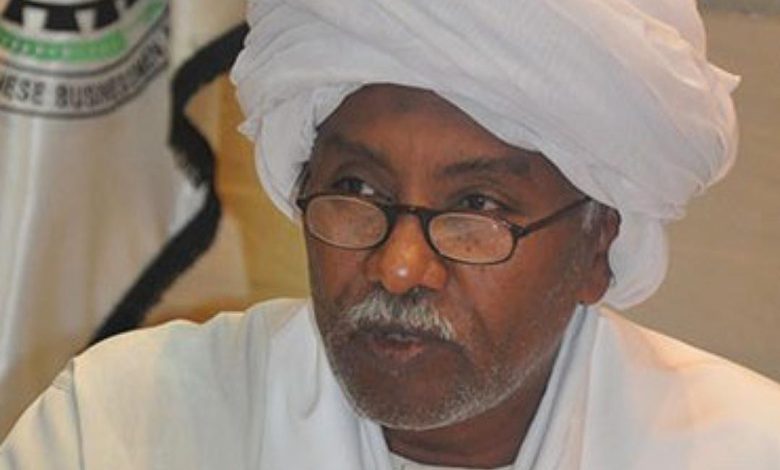Proposal for the Establishment of a Higher Council for Industrial Development in Sudan

By Dr. Abbas Ali Al-Sayed
The industrial sector is one of the key drivers of sustainable economic growth, income diversification, and job creation in Sudan. However, poor coordination among the government institutions responsible for industry and trade, the lack of effective institutional frameworks to follow up on the implementation of industrial strategies, the fragmentation of resources and programs, weak administrative efficiency, the multiplicity of bodies and overlapping mandates, and the dispersion of efforts have all significantly weakened the performance of this vital sector. This calls for an institutional and organizational restructuring to ensure integration between industrial and trade policies and to unify efforts toward achieving comprehensive industrial development.
In response to the ongoing discussions about the intentions of the “Government of Hope” to rationalize public spending, reduce ministerial redundancy, and merge the Ministries of Industry and Trade, I would like to note that previous merger and separation experiences were driven by political objectives rather than economic ones. Therefore, their success or failure cannot be fairly assessed.
Today, we face a different reality where the industrial sector, by the estimation of many industrialists, has been destroyed by 90%, and most industrialists have lost their capital, making it difficult for them to rebuild their factories. We now need to unify public and private efforts to establish sustainable industrial development. This can be achieved through integration between industrial and trade policies and by addressing the weak coordination between the relevant executive bodies.
Accordingly, I believe that the Prime Minister’s decision to merge the two ministries is justifiable—provided that the ministry is understood to be an executive body, not a policymaking or strategic planning body—and that this move is accompanied by the establishment of a Higher Council for Industrial and Economic Development. This council would ensure effective coordination, strategic planning, institutional efficiency, and the unification of industrial, trade, and agricultural plans.
Proposed Composition of the Higher Council for Industrial Development:
Chairperson: The Prime Minister or his delegate.
Deputy Chairperson: The Head of the Private Sector – President of the Chamber of Industries or their representative.
Members: Ministers of Finance, Investment, Energy, Agriculture, Natural Resources, and the Minister of Industry and Trade.
Representatives from the Employers’ Union, including both industrial and commercial chambers.
Industrial and technical experts, academics, and representatives from major industrial states.
The council would be managed by a specialized General Secretariat (acting as the executive arm and permanent technical and administrative body), responsible for preparing studies and policies and submitting recommendations to the council.
It would coordinate with scientific research centers in both industry and agriculture (such as the Industrial Research and Consultancy Center, the Food Research Center, Agricultural and Veterinary Research Centers, etc.).
The Council’s Key Mandates:
Develop long-term industrial strategies and review them periodically.
Submit regular reports to the Cabinet and Parliament.
Oversee the implementation of national industrial plans and projects.
Issue industrial investment incentive policies and follow up on directives to overcome obstacles.
Supervise the development of infrastructure in industrial zones and free cities.
Coordinate with universities and research centers to develop technologies.
Launch initiatives to support small and medium-sized enterprises (SMEs).
Work to eliminate barriers to production and export.
Strengthen partnerships with the private sector and international investors.
Additionally, the ministry should be restructured to align with its new responsibilities under the name Ministry of Industry and Trade, with a single First Undersecretary and specialized departments such as:
Department for Industrial Exports
Department for Marketing and Promotion
Department for the Development of Industrial Cities and Free Zones
…and others.
The establishment of a Higher Council for Industrial Development alongside the merging of the Ministries of Trade and Industry represents a strategic step toward achieving sustainable economic transformation in Sudan. It will help unlock the sector’s potential as an engine for growth and development, improve industrial development management, increase the industry’s contribution to GDP, diversify exports, and reduce reliance on raw material exports.



